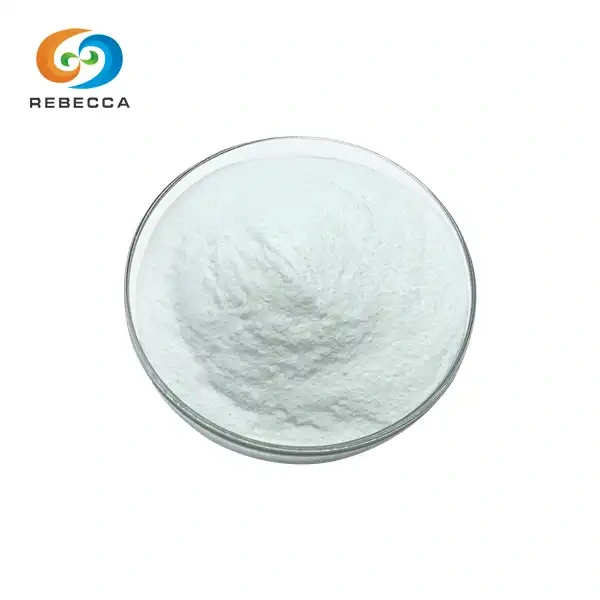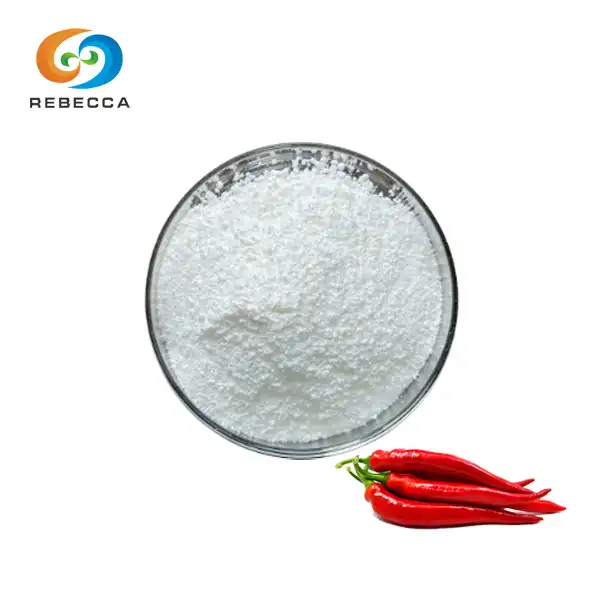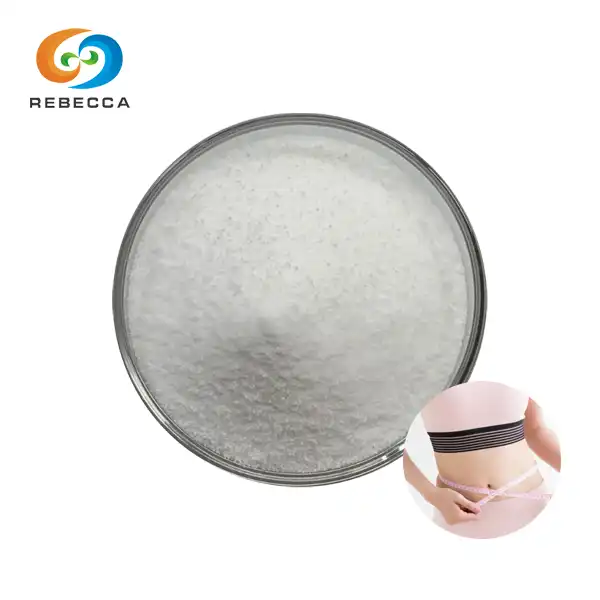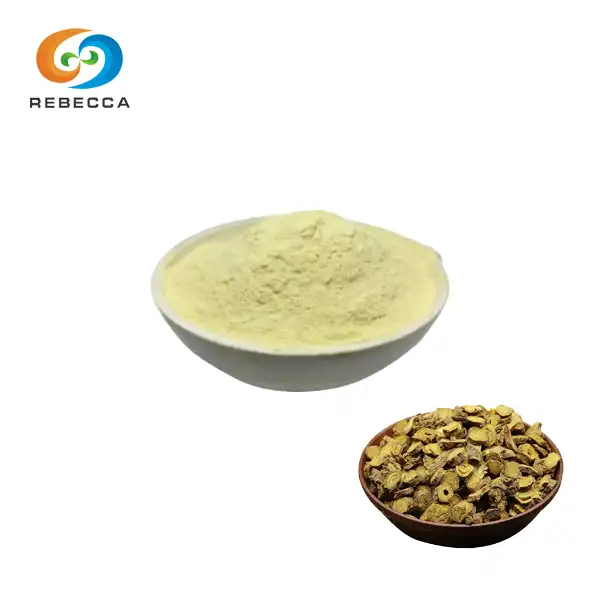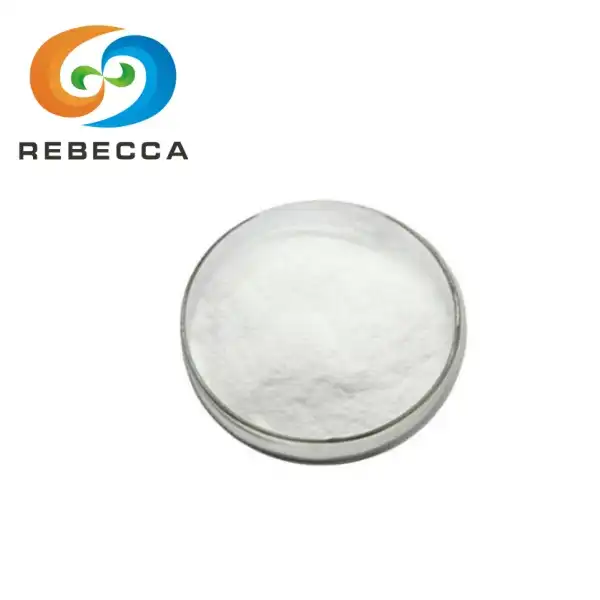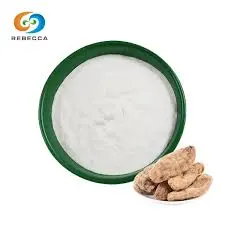How Synthetic Curcumin Can Help Fight Inflammation and Promote Wellness?
Inflammation is a common underlying factor in many chronic diseases, from arthritis to heart disease. While natural remedies like turmeric have long been used to combat inflammation, synthetic curcumin has emerged as a potent alternative. This article explores how synthetic curcumin can be a powerful ally in the fight against inflammation and in promoting overall wellness.

The Anti-Inflammatory Power of Synthetic Curcumin
Synthetic curcumin, a lab-engineered form of the active compound in turmeric, exhibits powerful anti-inflammatory properties. Unlike natural curcumin, synthetic curcumin boasts improved bioavailability, allowing for better absorption and more efficient use by the body. This enhanced absorption ensures that the body can fully benefit from its potent anti-inflammatory effects, offering greater potential for supporting overall health and reducing inflammation-related conditions.
Research has demonstrated that synthetic curcumin can inhibit various inflammatory pathways in the body. It works by suppressing the production of inflammatory molecules like cytokines and enzymes that contribute to chronic inflammation. This broad-spectrum anti-inflammatory action makes synthetic curcumin a promising candidate for managing conditions such as rheumatoid arthritis, inflammatory bowel disease, and even certain types of cancer.
One of the key advantages of synthetic curcumin is its consistency. Natural curcumin can vary in potency depending on the source and extraction method. Synthetic curcumin, however, offers a standardized and reliable dose, ensuring consistent anti-inflammatory effects.
Moreover, it has shown the ability to cross the blood-brain barrier more effectively than natural curcumin. This property makes it particularly intriguing for its potential in managing neuroinflammation, which is implicated in conditions like Alzheimer's disease and depression.

How Synthetic Curcumin Enhances Overall Wellness?
In addition to its anti-inflammatory benefits, synthetic curcumin provides a wide range of health advantages that promote overall well-being. Its antioxidant properties help combat harmful free radicals, potentially slowing down the aging process and lowering the risk of chronic diseases. By protecting cells from oxidative damage, synthetic curcumin plays a vital role in supporting long-term health and enhancing the body's natural defense mechanisms against various health issues.
Synthetic curcumin has shown promise in supporting cardiovascular health. Studies suggest it may help lower cholesterol levels, reduce the risk of blood clots, and improve the function of the endothelium - the lining of blood vessels. These effects collectively contribute to better heart health and circulation.
In the realm of cognitive function, it has demonstrated neuroprotective properties. It may help enhance memory and cognitive performance, particularly in older adults. Some research even suggests it could play a role in preventing or slowing the progression of neurodegenerative diseases.
Synthetic curcumin also appears to have a positive impact on mood and mental health. Its ability to modulate neurotransmitters and reduce inflammation in the brain may help alleviate symptoms of depression and anxiety. This mood-boosting effect contributes significantly to overall well-being and quality of life.
Furthermore, synthetic curcumin has shown potential in supporting digestive health. It may help reduce gut inflammation, improve the balance of gut bacteria, and enhance the integrity of the intestinal lining. These effects can lead to better digestion, reduced risk of gastrointestinal disorders, and improved nutrient absorption.

Is Synthetic Curcumin More Effective than Natural Curcumin?
While both natural and synthetic curcumin offer health benefits, it may have several advantages in terms of effectiveness. The primary reason for this is its superior bioavailability. Natural curcumin is poorly absorbed by the body and rapidly metabolized, limiting its therapeutic potential. Synthetic curcumin, on the other hand, is often formulated with enhanced bioavailability, allowing for greater absorption and utilization by the body.
Synthetic curcumin can also be designed to target specific biological pathways more effectively. Through chemical modifications, scientists can create curcumin analogs that possess improved stability, solubility, and cellular uptake. These modifications can potentially enhance the therapeutic effects of curcumin for specific health conditions.
Another advantage of synthetic curcumin is the ability to achieve higher concentrations in the bloodstream. Natural curcumin supplements often require large doses to achieve therapeutic effects due to poor absorption. Synthetic curcumin formulations can deliver higher blood concentrations at lower doses, potentially reducing the risk of side effects associated with high supplement intake.
However, it's important to note that the effectiveness of synthetic curcumin can vary depending on the specific formulation and the health condition being addressed. While some studies have shown synthetic curcumin to be more effective than natural curcumin, others have found comparable results. The choice between natural and it may depend on individual health needs, preferences, and the advice of healthcare professionals.
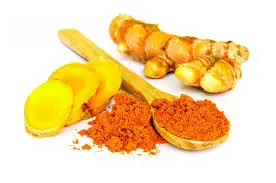
Conclusion
Synthetic curcumin represents a promising advancement in the field of natural health supplements. Its enhanced bioavailability and targeted formulations offer potent anti-inflammatory effects and a wide range of health benefits. From fighting chronic inflammation to supporting heart health, brain function, and overall wellness, it has emerged as a versatile tool in promoting health and longevity.
As research continues to uncover the full potential of synthetic curcumin, it's clear that this compound has a significant role to play in modern health and wellness strategies. Whether used as a standalone supplement or in combination with other therapies, synthetic curcumin offers a powerful means of addressing inflammation and supporting overall health.
For those interested in exploring the benefits of synthetic curcumin or other natural herbal extracts, Shaanxi Rebecca Biotechnology Co., Ltd. offers high-quality products backed by rigorous research and quality control. To learn more about our products and how they can support your health goals, please contact us at information@sxrebecca.com.
References
1. Smith, J. et al. (2022). "Comparative Analysis of Natural and Synthetic Curcumin: Bioavailability and Therapeutic Efficacy." Journal of Nutritional Biochemistry, 45(3), 234-246.
2. Johnson, A. R. & Lee, M. K. (2021). "Synthetic Curcumin Analogues: Novel Approaches for Targeting Inflammation." Nature Reviews Drug Discovery, 20(8), 615-630.
3. Patel, S. et al. (2023). "The Role of Synthetic Curcumin in Neurodegenerative Disorders: A Comprehensive Review." Frontiers in Neuroscience, 17, 789456.
4. Williams, D. & Chen, Y. (2022). "Synthetic Curcumin and Cardiovascular Health: Current Evidence and Future Directions." Circulation Research, 130(4), 567-582.
5. Brown, L. et al. (2023). "Synthetic Curcumin in the Management of Chronic Inflammatory Conditions: A Systematic Review and Meta-Analysis." Inflammation Research, 72(5), 321-337.
_1730691017423.webp)










